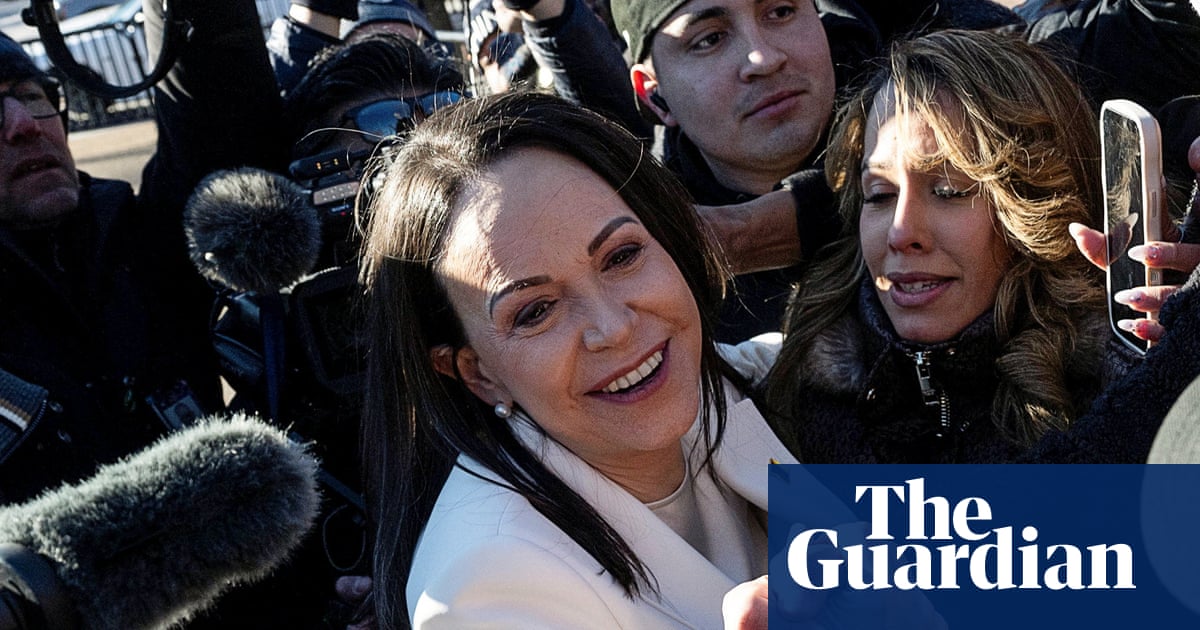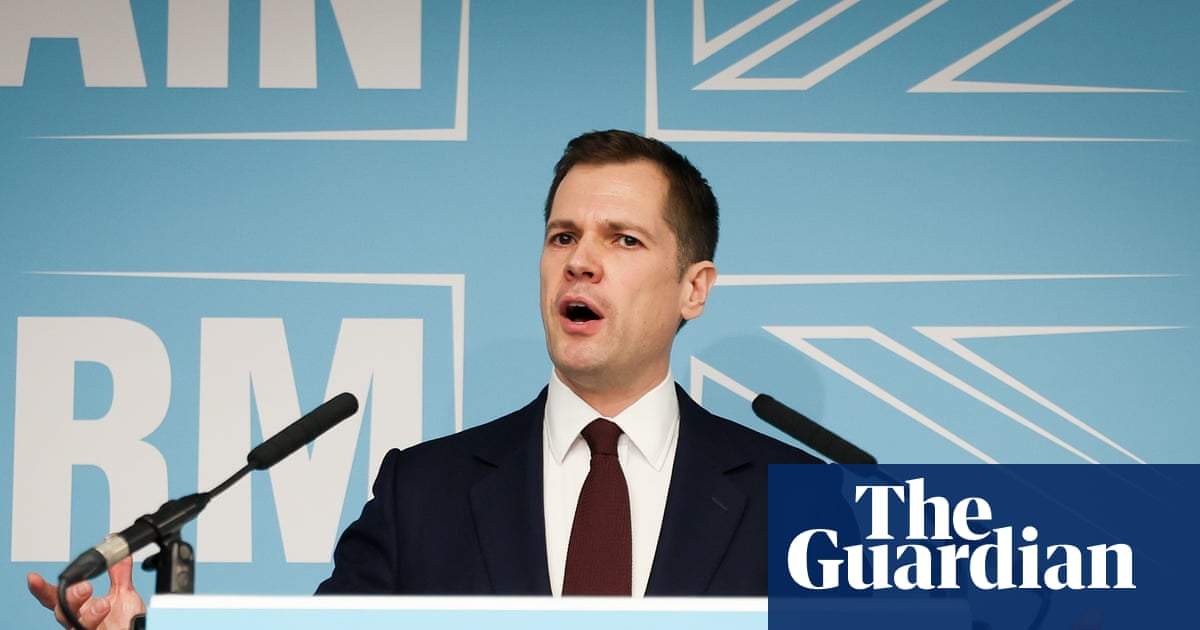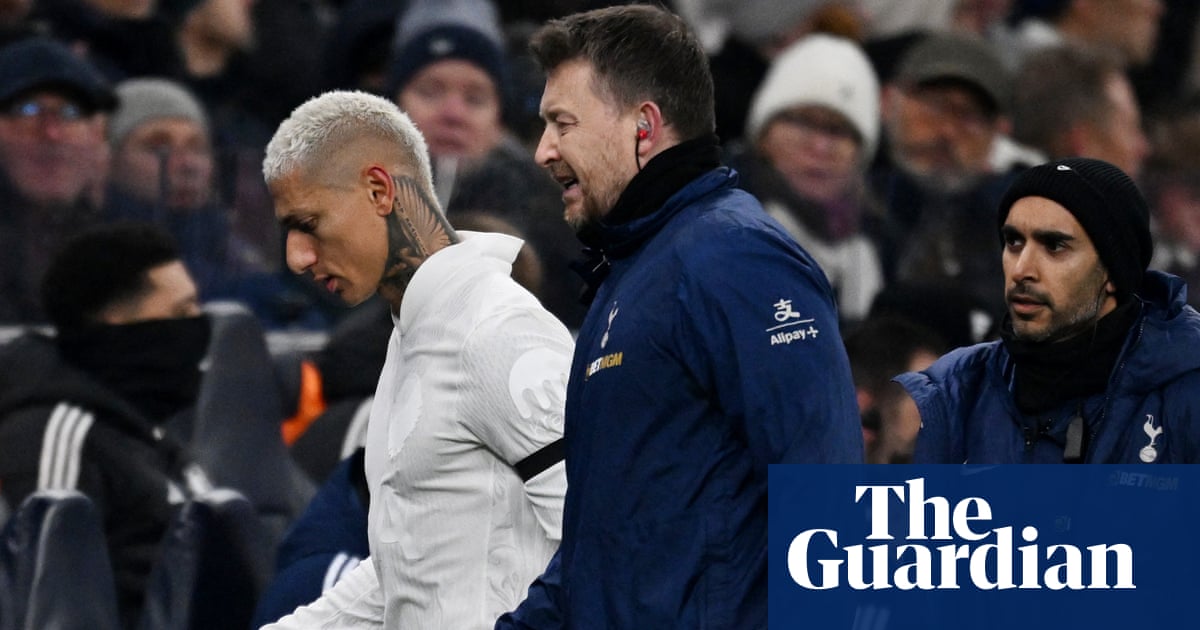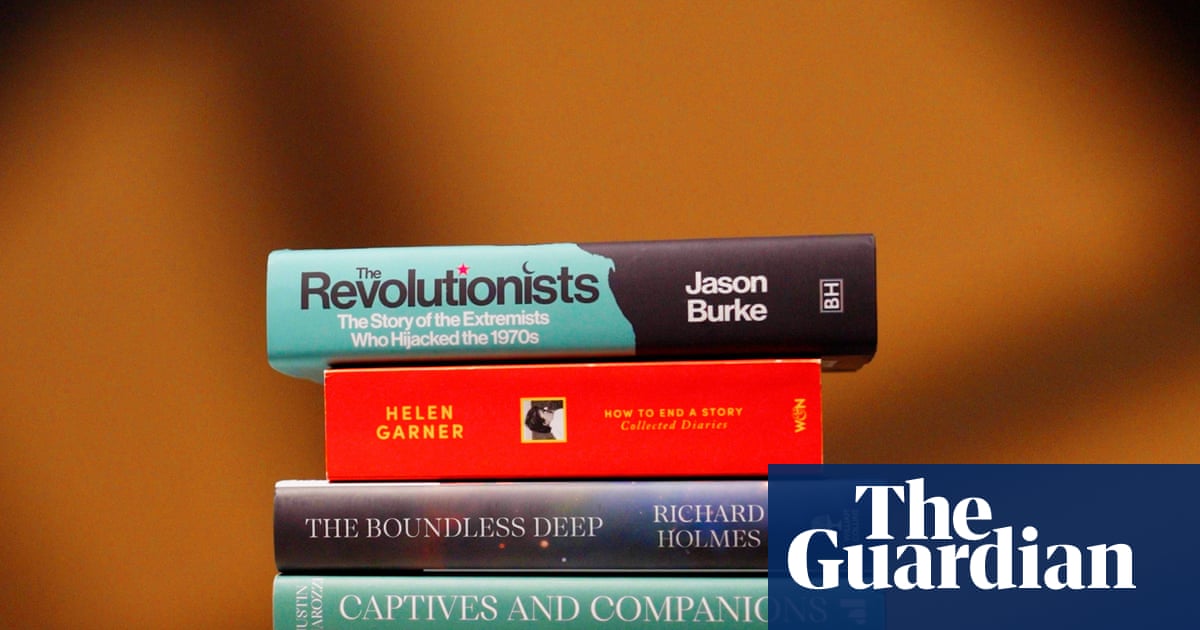This is an oddly dull, oddly irresistible football book. Even its title is confusing. Dear England is already the name of a hit Gareth Southgate play, a forthcoming Gareth Southgate TV show and an open letter to the nation authored by Southgate himself in 2021.
This Dear England isn’t formally related to any of those. It is instead an anomaly in the Dear England Multiverse, a book about leadership: a classically dull elite football manager trope that Southgate sticks to doggedly, using the words “leader”, “leading” or “leadership” at least 500 times in 336 pages. “What are leaders? What do leaders do? And what do leaders know?” he asks early on, setting out his stall, but stopping short of Why are leaders, How are leaders, or When are leaders?, questions he will presumably touch on in volume two.
Otherwise, this is a book with a book-shaped hole in the middle. It’s an exercise in passive-aggressive self-justification, in almost-but-not-quite saying the actual thing, hopping nimbly from unsettled score to unscabbed wound across a series of pie charts, corporate platitudes and stuff about Thomas Cromwell.
Reading it is like overhearing your parents having a mannered but deeply felt argument in the next room while you’re trying to concentrate on a business seminar called 112 Reasons Why Naturally I Had the Last Laugh. But it is also impossible to stop reading, as Southgate keeps drifting near to something you actually want to hear about, before abruptly changing tack.
There are always news headlines in books like these, such is the peeled-eyeball fascination with England managerdom. The best ones are: Southgate made up his mind he was definitely going to quit as England manager after fans threw beer glasses at him at the Euros; he came very close to abandoning the game at half-time against Bulgaria in 2019 after his players were racially abused; he invented the idea of set-piece coaches and everyone in the Premier League is now copying him; he has now lost his passion for football, a startling admission thrown away in a single paragraph at the end.
Otherwise, the book is overrun with an AI-style word-sludge of generic leadership chat. Copies of this book were shared with reviewers under non-disclosure agreements ahead of publication, presumably out of fear someone might leak that “difficult conversations can, by their nature, be difficult”, that you should always look before you leap, that leadership happens where change meets empathy.
There is nevertheless real emotion here. Managing England through a period of rage, hope, political ferment and lockdown was a brutal experience. The bruises are obviously still fresh, albeit expressed in a jargon-laden reimagining of the classic football manager theme: why I was actually right about everything all along.
Even the book’s opening passage, Trojan-horsed as exciting memories of the final of Euro 2024, is all about how good Southgate actually was at substitutes (the big Southgate gripe being he wasn’t good at substitutes). Later, he goes into great depth about how he managed the Euros final of 2021 perfectly – specifically the losing penalty shootout – because he followed a predetermined process, which must mean that throwing on young players very late to take the biggest kick of their lives was logical and correct.
This was proved right by a successful shootout against Switzerland four years later after a game where England spent 120 minutes looking as if they were trying to put on a jumper the wrong way round. “Our dominance in that shootout was simply thrilling,” Southgate writes, in between comparing the performance to US Navy Seals killing Osama bin Laden. Oh Gareth.
When we do get close to a revelation, Southgate backs away from naming names or giving us the juice. We hear there were difficult England players who demanded more attention, perhaps because they were spoilt early in their careers. But as you lean forward expectantly, Southgate is already veering off into something called The Culture Code, which states that rather than a collection of qualities or principles, culture is in fact something that is created by, gah, please, no more.
Among the better bits are when Southgate writes about the piecemeal nature of building resilience in young people, or how he tried to define Englishness more lucidly and more helpfully than anyone else in the public eye. Best of all, there is a really gripping account of that traumatic night in Sofia where England’s black players were viciously abused (and later defended robustly by their manager).
Perhaps the most heartfelt section comes at the end, where Southgate talks about the scars left by eight years as England manager. “The role chews you up. It puts your family through incredible stress.” This is the basis of an actual book. Maybe even a good one. Not, sadly, of Dear England, which is engrossing enough if you skim the flow charts and David Brent-style aphorisms, but only ever teases at the pain underneath.

 2 months ago
51
2 months ago
51

















































